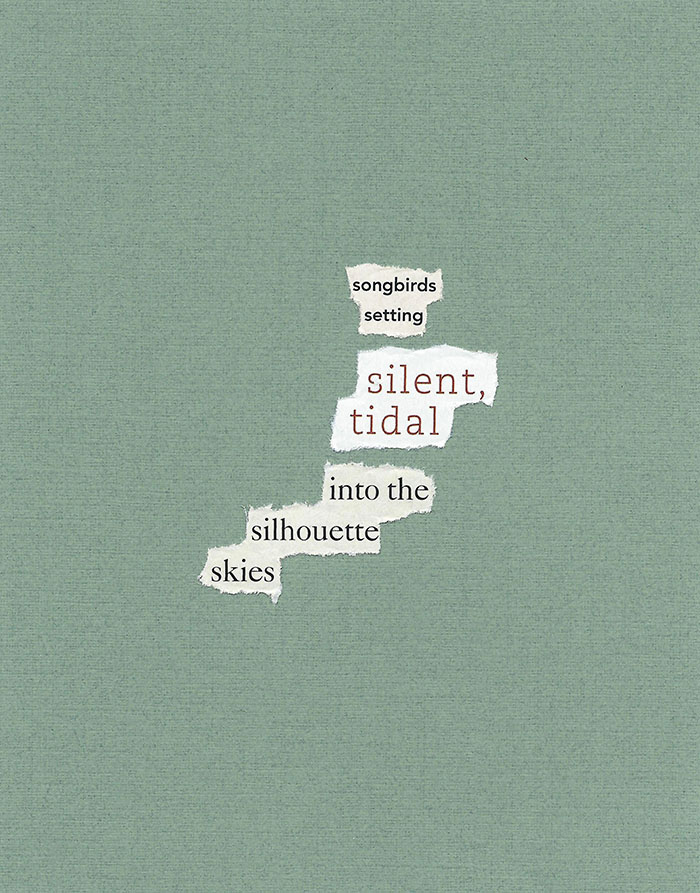A diver squats in a tea cup, a poorly understood benthic mass,
largest Antarctic sponge, slow to grow,
quick to die, extreme longevity,
gang-planked in
experimental gardens,
Diving into zero-degree water, she measures urn-shapes with lasers.
In field notes: A vase
molded by a third grader
or a Japanese ceramics master,
sculpting raw silica beauty.
Lighter than smaller species, its central cavity, a negative capability,
where other life forms, three worms,
husbanded in sym-
biotic policies of
shared data and material.
A hundred sponges collected, a scientific booty/baseline for extinction?
Fallen off the plank, Father’s biomass un-
balanced, tipped off, sunk,
spicules found on bottom.
Cover him with kisses, sponges.
Source: Dayton et al. Recruitment, Growth and Mortality of an Antarctic Hexactinellid Sponge, Anoxycalyx joubini. Plos One. February 2013. Volume 8 Issue 2.
Method: I like to travel to inspire writing and when I return home, I read about where I’ve been. Through readings in history, geology, archeology, and biology, I am often struck by a passage that resonates emotionally, giving me a visceral sensation that is inexplicable or outside what the text is talking about. I will copy this passage in my journal and add other material—early memories, recent experiences from my travels, and the death of a loved one.
I organize this material using syllabic lines. Then let the composition go elsewhere answering a different or unexpected question to complete the composition.
Mark McKain’s work has appeared in The New Republic, Agni, The Journal, Subtropics, Blue Mesa Review, Superstition Review, and elsewhere. His poetry chapbook Blue Sun was published by Aldrich Press in 2015. He teaches creative writing in Orlando, Florida.
